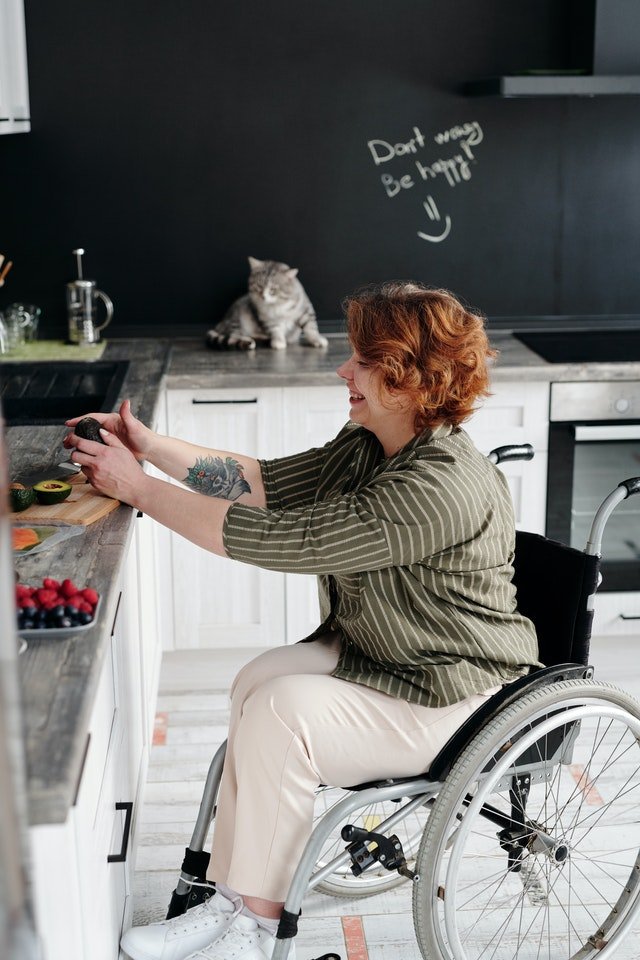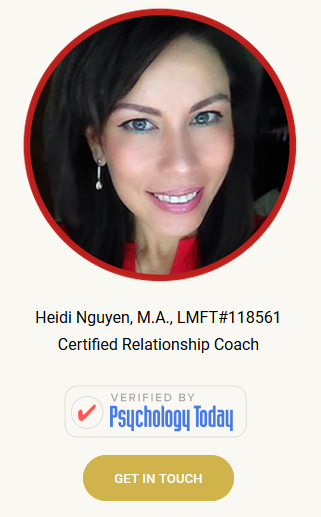Being able to get to your happy place under times of high stress can be a useful skill to build. When have you been in a stressful situation which you later wish could’ve been approached in a more positive headspace? Many experience this regret because they’re unable to reach their “happy place” in the moments that matter.
Accessing your mental happy place on-demand can take time, but it’s well worth the effort. Acquiring this skill can pay off when problem solving or analyzing a big decision. It can lead to a higher work-rate by not allowing momentary negativity to lead to brain fog. It can even turn what were once lengthy fits of anxiety into calming periods of mental decompression.

Read on to learn ways to boost your ability to find your happy place when you want and need it most.
Be present
A 2018 US study by University of California and Stanford researchers, Minds and brains of media multitaskers: Current findings and future directions, finds growing evidence that constantly switching between media impairs the ability for people to concentrate on a single task. This makes individuals less able to memorize facts and more prone to distractions.
More people are having to contend with a larger workload from home or working entirely remote from home. Making a habit of focusing on one thing, even in our leisure time, trains our minds to become more analytical. Focused on a single task, we naturally observe more. We can think about how something may work better; we can even enjoy things more deeply. Feeling is more intense when we’re focused on one thing instead of several. Picking up this habit is the first step in accessing your happy place in any situation. This is what’s going to train you to be able to hone your mind where you want it to be when you need it to be there.
Be active
Physical capabilities vary for everyone. What may be “enough” for one person may be out of reach for another. At the same time, a workout that’s “just right” for one may not benefit someone else. Stick to realistic goals, but the overall and only real requirement: just be active. Whatever that means for you, be honest with yourself and don’t be discouraged. If walking around your neighborhood a few times works up a sweat, great! If it takes strapping up shoes, headphones, and going for long run, that’s good too. Weightlifting, yoga, tai chi, even YouTube has easy-to-follow workout videos for all skill ranges. Just to remember to adjust your physical activity along with your growing capabilities.
Rigorously and routinely challenging our body makes our mind more resilient to the usual stressors of life. It also gives us a chance to get outside and soak up vitamin D, shown to have positive effects on our outlook and even our immune system (pretty important these days).
Wake up right
Waking up is as easy as turning off our phone alarm. Waking up right is as hard as putting our phone back down and getting out of bed, starting the day. Take care of little things like making the bed, brushing and showering, and breakfast without using your phone. Using our phone waking up means what we see first are emails, news notifications, or even social media. None of these are vital to preparing for the day. When our first interactions for the day are work, news, social media related; our first experiences are most likely negative.
If the first things our minds work through are accomplishing tasks, we’re starting more positively than with stressful phone notifications. We can choose to wake up to reminders of work and awful world events or by completing our morning tasks. Making the conscious effort to not use your phone keeps you in a better mood and ready for the day.
Keep in touch
No one who respects you expects you to meet a communication quota. Social media has placed too high a value on contacting friends and family. Seeing all those posts on your feed make it seem like you should be in constant contact. Don’t feel bad if you can’t because it’s reasonable not to always be able to. But try not to let it go too long without checking in with those you care about.
Call that family member. Email that former co-worker who’s now a friend. Make plans with someone whose company you enjoy but haven’t had for a while. Maintaining strong relationships with people who matter to you is a highly overlooked aspect in maintaining a positive mind space.
Meditate
I’ve heard before that the ultimate goal of meditation is to clear the mind. That may be nice if you don’t have conflict, needs, or any other goals in your life. But for the rest of the problem-having world, the goal is actually to think more intently.
Meditating isn’t just sitting in one spot with our eyes closed and clearing our head of thoughts. Proper meditation is focusing all your thinking power into one thought, an activity, or a single object. The purpose being to achieve a mentally clear, emotionally stable state while training awareness and critical thinking. The concept that allows us to perform more efficiently if we focus on the task at hand is the same concept that allows us to optimally analyze things while meditating.
Find a quiet space where you won’t be disturbed for about 30 – 60 min (less for those with children). Get as comfortable as you can make yourself while sitting (laying down risks dozing off). When you’re ready, close your eyes and start to notice things about yourself. Focus on how your chest heaves with each breath in. Notice how your spine settles as you exhale. Then notice where your mind has wandered to. No matter how insignificant you feel the thought to be, explore it. Analyze it. Question why you had the thought. What may have led to it being in your head as you began to meditate? Explore that thought, and any others you feel like you may otherwise never have the time for.
Delete/redefine your social media
Hopefully, social media’s effects on our mentality and emotions are well known by now. What started as a medium to keep in touch with those close to us, keeping them updated with our lives has become the scourge of social progress. When I still had FB, I remember less than half of what was on my home feed being from friends. The rest was marketing and political garbage. It’s virtually impossible to maintain a healthy disposition with so much partisan rhetoric and even misinformation clogging our thoughts.
The less time we’re exposed to toxic content, the more time we’ll have to focus on what matters to us. Things that are tangible and significant to our lives, that make a real impact. Family, friends, pets, goals; all are easier and more fun to experience without the burden of social media. If you don’t need social media for your career, I highly recommend doing away with it completely. If you use social media to enhance your career, take steps to only use your accounts for this purpose. Choose to “hide” all posts from non-network contacts or just remove them altogether. Give your account a more formal, “business only” makeover and unfollow anything that you might consider toxic. Reaching your happy place is easier without a steady stream of negativity feeding into your mind.
Discipline
Being honest with ourselves, most of us would conclude that we could be doing better in some areas of our life. Making seemingly tiny adjustments to our daily habits can do wonders for the positivity in our mind. Going to bed at a decent time, or as early as you can reasonably manage when late nights are unavoidable. Keeping your workspace organized, tidying it up at the end of the day if needed. Sticking to your schedule as you initially laid it out including taking breaks, cooking, or being active. Making sure you’re eating all the vitamins your body needs (eggs are the GOAT food) and drinking enough water. Limiting the amount of sugar we intake daily.
“Tightening up” any one of these minor discipline factors may not have an immediate significant effect on our life. Improving most or all at once will definitely make reaching your happy place during a stressful event more feasible.

Final thoughts
Just like with the concept of discipline, the ability to reach through to your mental “happy place” during periods of heightened stress is more easily obtained with the implementation of as many of these strategies as you can manage. If you can’t manage them all right away, you may find you’re able to integrate more with time and practice. A good start would be to set aside free time to sit down and take an in-depth, long look at how you could integrate these techniques in your specific day-to-day. See what you’re comfortable with changing now, don’t be shy about leaving a few for later. Pick a happy memory or thought that brings you comfort, something to tether you to your happy place. Make it a conscious habit to think of this when you need a mental escape to decompress.
Applying these concepts to your life regularly will see you soon finding the mental reprieve you’ve always dreamed of.
References
Uncapher and Wagner (2018) Minds and brains of media multitaskers: current findings and future directions, vol. 115. Retrieved from: https://www.pnas.org/content/pnas/115/40/9889.full.pdf
Woodard, A. (1 Feb., 2020) Why deep focus, not multitasking, should be your mantra. Retrieved from: https://www.intheblack.com/articles/2020/02/01/deep-focus-not-multitasking
Schwantes, M. (27 Sep., 2016) 6 Useful Psychology Tricks to Think More Positively. Retrieved from: https://www.inc.com/marcel-schwantes/6-incredibly-effective-mental-tricks-to-think-more-positive.html
If you enjoyed learning about how to make it easier to access your “happy place”, you’ll also enjoy this article from Psychology Today on a scientific study backed look on boosting your positive thinking written by Dr. Tchiki Davis.

















